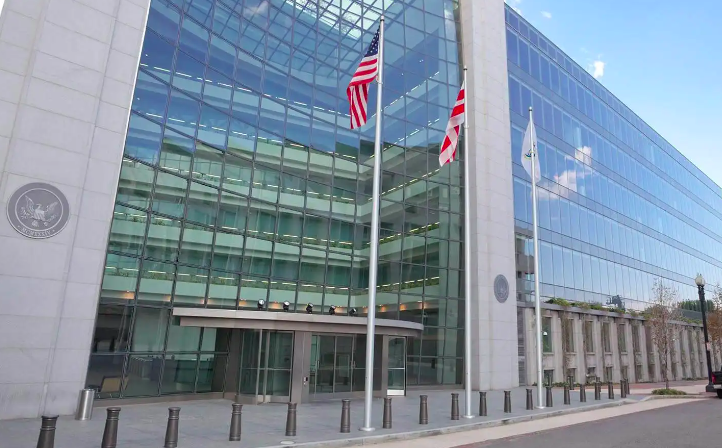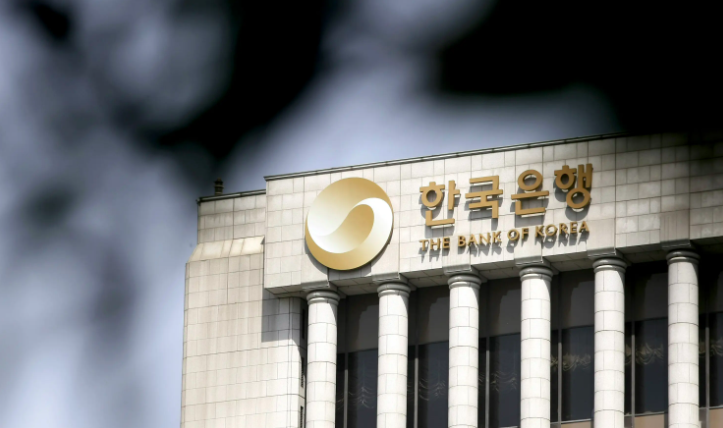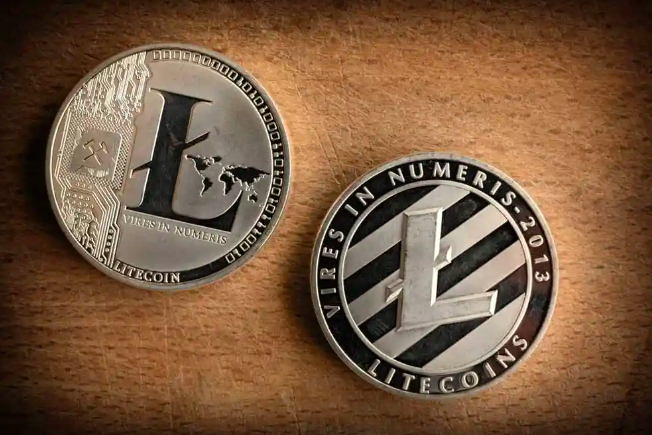SEC chair suggests openness to crypto bills that don't 'inadvertently undermine securities laws'

United States Securities and Exchange Commission chair Gary Gensler supports legislation that gives the Commodity Futures Trading Commission greater authority over crypto — seemingly if it doesn't step on the SEC’s toes.
In written remarks for a Thursday program hosted by the Practising Law Institute, Gensler encouraged intermediaries in the crypto space as well as crypto security token projects and potentially stablecoins to register with the SEC, reiterating his “come in and talk to us” approach. According to the SEC chair, the “vast majority” of the roughly 10,000 tokens on the cryptocurrency market were securities subject to the agency’s regulatory purview and likely needed legislation to ensure investor protection.
“I look forward to working with crypto projects and intermediaries looking to come into compliance with the laws,” said Gensler. “I also look forward to working with Congress on various legislative initiatives while maintaining the robust authorities we currently have. Let’s ensure that we don’t inadvertently undermine securities laws underlying $100 trillion capital markets.”
Gensler suggested that crypto intermediaries may need to register each of their functions with both the SEC and CFTC, depending on whether services were offered as an exchange, broker-dealer or a custodian:
“The commingling of the various functions within crypto intermediaries creates inherent conflicts of interest and risks for investors [...] Disaggregating their functions into separate legal entities [could] mitigate conflicts of interest and enhance investor protection.”
Members of Congress are currently pursuing different legislative paths aimed at regulating the crypto industry. In August, leading members of the Senate Agriculture Committee introduced the Digital Commodities Consumer Protection Act, which if passed would likely expand the CFTC’s authority to regulate Bitcoin (BTC) and Ether (ETH). Senators Cynthia Lummis and Kirsten Gillibrand also in June proposed a bill aimed at clarifying the role both the SEC and CFTC have with crypto projects.
This article is authorized for publication, and unless the source is indicated, it is submitted by users and does not represent the position of our website. If the content involves investment suggestions, it is for reference only and not as an investment basis.







